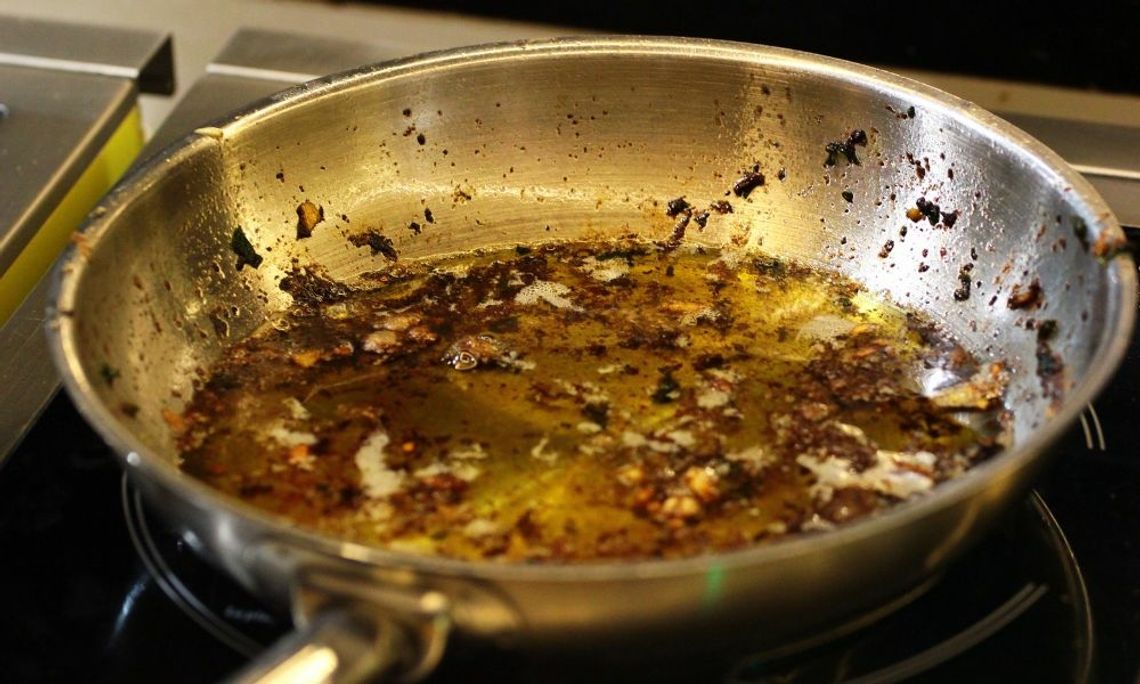We've all been there—standing in front of the kitchen sink with a pan full of grease, wondering what to do with it. Should you pour it down the drain? Or should you scrape it off into the trash can?
As tempting as it may be to pour the grease down your sink, this is one decision that could cost you a lot. Let's look at what happens when you pour grease down the sink and why you should avoid it at all costs.
Clogged Drains and Pipes
The biggest issue with pouring grease down your sink is that it quickly leads to clogged drains and pipes. Grease is not water-soluble, so as soon as it hits the cold water running through your pipes, it will start to congeal and stick to the pipe walls. This congealing could be one of the reasons your sink is gurgling and draining slowly.
This build-up will cause your pipes to become clogged over time, leading to slow drainage and, eventually, total stoppage. Clogs like this are often difficult or impossible to remove without professional help, so they can cost a lot in plumbing bills if left unchecked for too long.
Overwhelmed Grease Traps
In some cases, homes have large grease traps installed near their sinks designed specifically for catching grease before entering a home's plumbing system. These traps are great at doing their job—however, they need regular maintenance to remain effective. If professionals do not regularly empty these traps, they can back up like any other pipe or drain in your home, leading to costly repairs and headaches for homeowners.
Environmental Hazards
When you pour grease down your drain, there's also an environmental impact that deserves consideration. Grease in sewage systems can cause problems such as blockages in municipal sewers, leading to overflows of wastewater into streams and other bodies of water. This can cause major environmental damage. So pouring grease down your drain creates problems in your home, and it also causes problems across entire communities!
In summary, pouring grease down your sink is never a good idea. Even if you have a grease trap installed near your sink, professionals still need to perform regular maintenance for these traps to remain effective over time. Clogged drains lead to expensive repair bills, and they are also environmental hazards.
The best thing you can do when faced with a pan full of grease is simply scrape off whatever solid material remains into the trashcan or onto some newspaper. Then, you wipe the pan with hot soapy water and rinse everything off with cold water from the tap. Doing this will ensure that no greasy residue makes its way into your pipes!


Comment
Comments